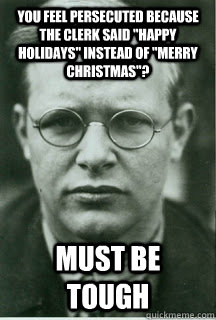Dante, The Divine Comedy (Audible). I love Audible because it lets me listen to the classics on my (short!) commute. You can get a Kindle version for $0 (click the image). My current listen is Paradise Lost & Paradise Regained.
Thomas Sowell, Discrimination and Disparities. This reminds me a lot of Wealth, Poverty, and Politics, which came out a few years ago. More than anything, Sowell exhorts readers to think carefully about how small differences in initial conditions can lead to big differences in outcomes. Furthermore, Sowell asks about the long run effects of different well-intentioned policies. Part of what makes this most intriguing, to me, is his emphasis on processes and unresolved injustices. He asks, specifically, how societies will persist if one person is born with an acknowledged grievance against someone born just down the hall.
Edward Stringham, Private Governance. Examples abound of people coming up with social processes that solve the problems to which we normally turn to government. The objection, of course, concerns anything where there are spillovers: just because we observe a quantity greater than zero doesn’t mean that’s the quantity at which marginal social benefit equals marginal social cost.
Roger Koppl, Expert Failure. Koppl gives us a book filled with reasons to be skeptical of the notion that experts can get us to the quantities at which marginal social benefit equals marginal social cost. Koppl focuses very specifically on forensics and expertise applied to crime and punishment. He argues for private, decentralized provision of forensic services and highlights the often-overlooked incentives experts face in this space and others.
Dietrich Bonhoeffer, Life Together. The link is to Bonhoeffer’s Amazon page. The image here summarizes how I sometimes think about Bonhoeffer. The kinds of things we complain about are trivial compared to what he (and so, so many others) endured.
Rosaria Butterfield, The Gospel Comes With a Housekey: Practicing Radically Ordinary Hospitality in Our Post-Christian World. Butterfield changed pretty dramatically on her conversion to Christianity (see her books The Secret Thoughts of an Unlikely Convert and Openness Unhindered: Further Thoughts of an Unlikely Convert on Sexual Identity and Union with Christ for her thoughts on sexual preference and identity). This is her statement on Christian hospitality and a guide to what “ordinary” hospitality looks like, especially when things get rough. As of this writing we’re reading it in our church small group and thinking about what, exactly, it means to be “hospitable.”


